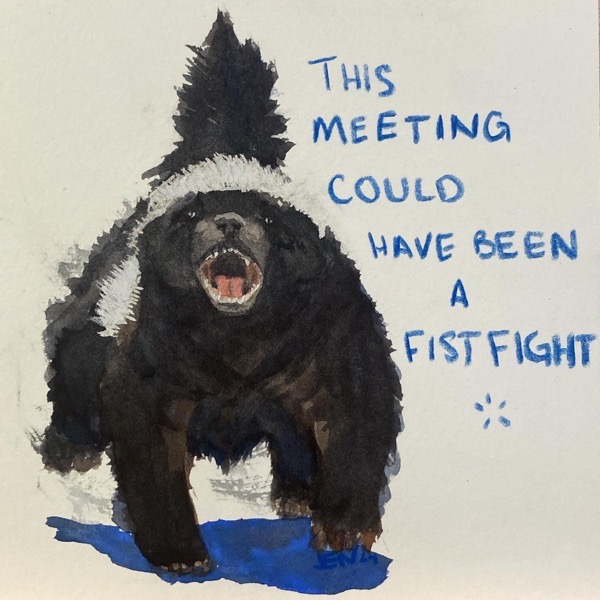Steve Woz's interview on his 75th birthday
Slashdot picked up a story about Steve Woz's interview on his 75th birthday.
And Setve Woz dropped by Slashdot to leave this comment
I gave all my Apple wealth away because wealth and power are not what I live for. I have a lot of fun and happiness. I funded a lot of important museums and arts groups in San Jose, the city of my birth, and they named a street after me for being good. I now speak publicly and have risen to the top. I have no idea how much I have but after speaking for 20 years it might be $10M plus a couple of homes. I never look for any type of tax dodge. I earn money from my labor and pay something like 55% combined tax on it. I am the happiest person ever. Life to me was never about accomplishment, but about Happiness, which is Smiles minus Frowns. I developed these philosophies when I was 18-20 years old and I never sold out.



